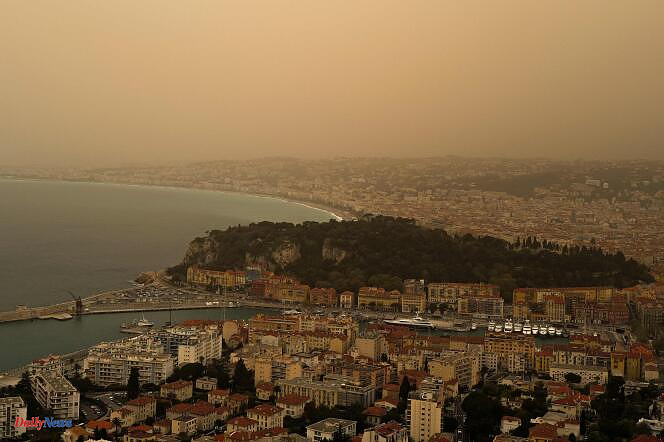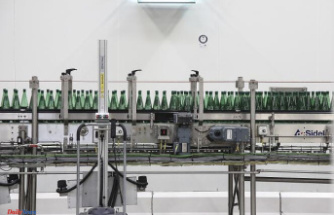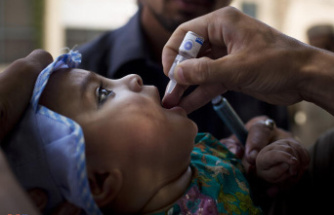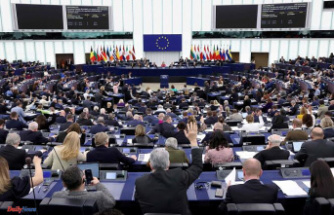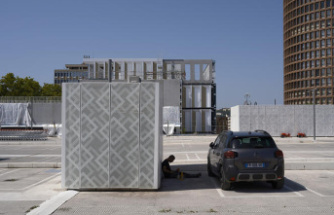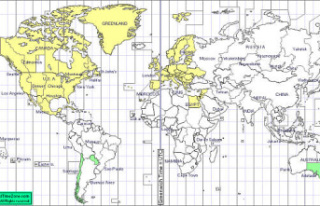The south-east of France was affected, on Saturday March 30, by an episode of fine particle pollution, due to the passage of a cloud of sand from the Sahara, announced the prefectures of the Provence-Alpes-Côte-d region. 'Azur (PACA) and Hérault. “The alert threshold” was exceeded on Saturday throughout the PACA region, but also in Hérault and Gard. This situation is expected to last all day before ebbing on Sunday due to storms forecast in the south of France.
“The passage of an air mass loaded with desert particles has been observed since Friday and continues today Saturday over a large part of the Mediterranean coast. These particles are added to the sea spray, formed by very windy weather conditions on the coast. These natural phenomena lead to a significant increase in PM10 concentrations,” the Hérault prefecture said in a press release. This fine particle pollution alert procedure was triggered on Friday for Corsica, where the episode is expected to persist throughout the weekend.
Switzerland also affected
Switzerland has also been affected since Friday by this episode of fine particle pollution. “The arrival of dust from the Sahara leads to a very clear decline in sunshine and visibility. There is also an increase in concentrations of fine particles,” underlines MétéoSuisse in a message on to the rest of the country.
This dust reached some 180,000 tonnes, according to the calculation models used, meteorologist Roman Brogli of SRF Meteo told public radio. This is an exceptionally high quantity, according to Mr. Brogli, with recent events of this type having brought only half of this volume to Switzerland.
During this type of phenomenon, particularly in the event of respiratory or cardiac discomfort, it is recommended to "avoid intense efforts" and more generally to limit emissions of automobile, industrial, artisanal and domestic origin, to favor modes of non-polluting travel and brief outings, and finally to reduce intense physical and sporting activities.

